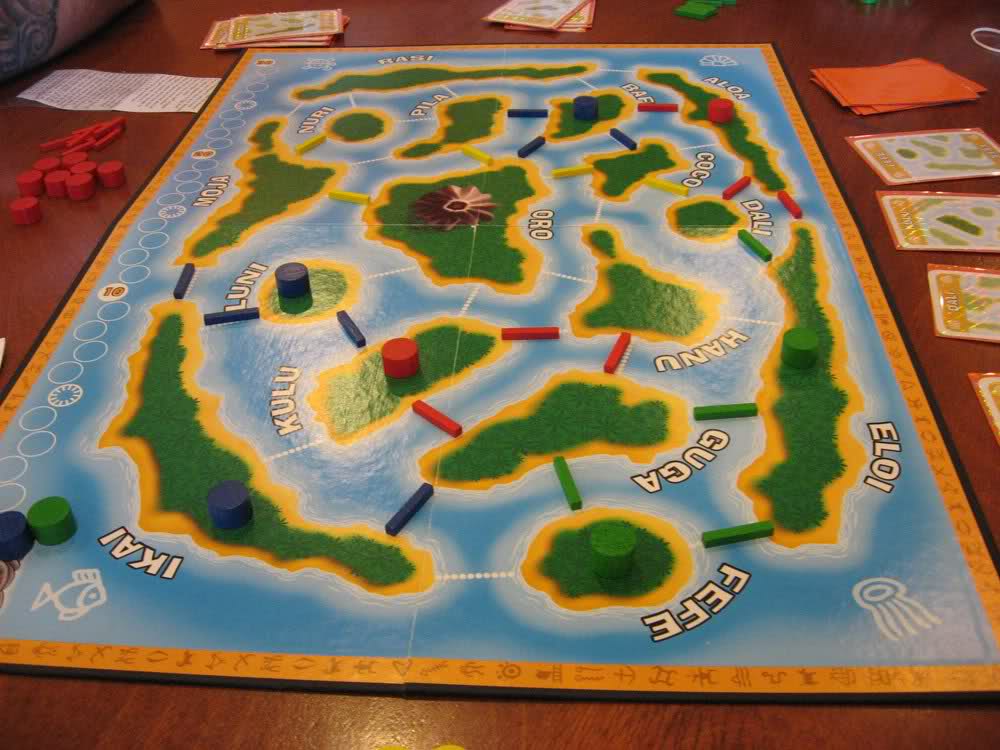No, you don't need another Twitter. Or another Medium
Last year, we had the “buy Twitter” campaign. Now, the arrival of Mastodon, the last “Twitter replacement”, has caused a lot of renewed talks about what we’d need to replace this or that digital platform. I argue that many of these proposals, wishes and plans may be misplaced, or looking in the wrong directions.
Two good examples of what I mean are in this post about Mastodon, and in this thread on mastodon.social. In the first, the author writes that
“Next we need an open source alternative for Medium”
The other begins with:
“Soon enough, the governance of instances will be an issue. How a community will vote(?) to link/unlink another instance based on ethics? Do we let that choice to the admin only or do we decide together as members? Each instance is a micro-culture and will have to decide wether it’s more dictatorial or more democratic. That cursor will depend on the number of users and the time they want to devote to that."
(in the sentence above, “instance” means “one instance of the mastodon software, that creates ONE Twitter-like community for microblogging among its members, and may, or may not “federate”, that is connect to, other instances)
The two quotes above are only two handy examples of general attitudes I have seen in many other places lately.
What is “social media”, anyway?
First, I dare suggest that no, you don’t need an “alternative for Medium”, or Twitter, or Facebook…: what you really need may be, instead, viable alternatives for, e.g.:
- email servers
- blogging and microblogging
- instant messaging
- online conversations
- content aggregation
- etc etc
I suggest, that is, that you may not go anywhere if you stick to searching alternatives to specific platforms, instead of generic services.
What if you had in your browser or smartphone, ONE way to “post online” text or other content, without limitations, from one liners to 10000 words essays, or full movies, “tagging” friends if needed… and all your “online contacts” could immediately be notified of it, comment it, share with their own contacts and so on? With such a service, would you really, really need to be on Facebook AND Twitter AND Medium AND YouTube etc etc?
What if, in your browser or smartphone, you had ONE service for instant messaging, and ONE for non-real time messaging, aka e-mail, and you could use them (as already happens with email) to communicate with EVERYBODY? With such a service, would you really, really need to use Facebook chat, AND Whatsapp AND Telegram etc etc?
Communities? Which communities?
The second thing I dare suggest is that “governance of instances” of replacements for Twitter, Medium and what not, is an issue only if you limit yourself to some kind of instances.
Specifically, “governance of instances” is an issue only if each instance of the software to “replace Twitter” or every other platform, serves more than one individual. If we:
- optimize for ONE user all the software described in the previous paragraph, but
- optimize/add to it really working (automatic) federation features
- package everything into ONE software bundle, easily installable on any physical or virtual server, easily movable from any server to any other…
there is no more community and governance to worry about. Each individual decides who to connect with. Many individuals can rent space on the same server for their individual clouds, if they want, but each of them can freely move to any other server, any time, no questions asked.
Forget about “communities” (at that level, at least): think individual, human beings. Buying Twitter or Replacing Medium means trying to substitute ONE huge platform with another, equally huge one. That may be a dead end, that is just what the owners of the current platforms want. In other words…

If what you want is an open, freedom-respecting alternative to that one huge island, building “single-user” SMALL islands that are capable to directly connect to each other may be both much easier, and more coherent.
On the same topic…
- you may probably be interested in this other post of mine on Mastodon, and online identities
- here is my very own proposal on how to implement really personal clouds
Image source: Board Game Geek forum
Who writes this, why, and how to help
I am Marco Fioretti, tech writer and aspiring polymath doing human-digital research and popularization.
I do it because YOUR civil rights and the quality of YOUR life depend every year more on how software is used AROUND you.
To this end, I have already shared more than a million words on this blog, without any paywall or user tracking, and am sharing the next million through a newsletter, also without any paywall.
The more direct support I get, the more I can continue to inform for free parents, teachers, decision makers, and everybody else who should know more stuff like this. You can support me with paid subscriptions to my newsletter, donations via PayPal (mfioretti@nexaima.net) or LiberaPay, or in any of the other ways listed here.THANKS for your support!